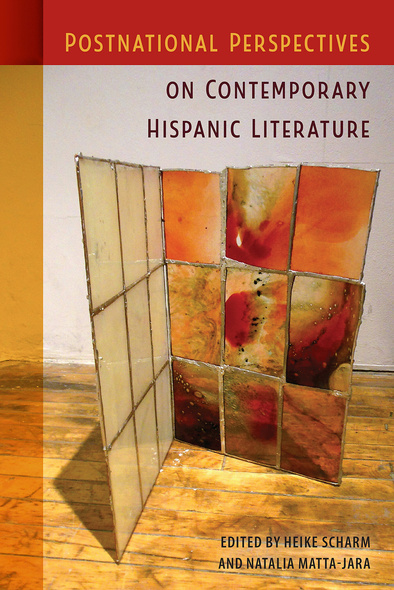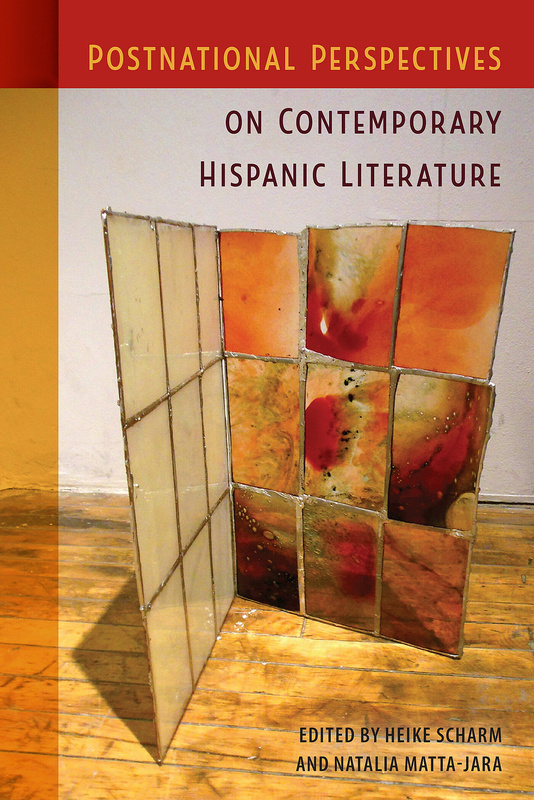Postnational Perspectives on Contemporary Hispanic Literature
Moving beyond the traditional study of Hispanic literature on a nation-by-nation basis, this volume explores how globalization affects Spanish and Latin American fiction, poetry, and literary theory. Featuring contributions of scholars from the United States, Latin America, and Europe to demonstrate how Hispanic literature transcends the nation-state, the essays cross national and cultural boundaries. They draw from a range of fields, including postcolonial, Latino, gender, exile, and transatlantic studies, characterizing a new "world literature" that reflects changing understandings of memory, belonging, and identity.
In this innovative collection, contributors examine works by Jose Marti, Carlos Ruiz Zafon, Mario Vargas Llosa, Jorge Luis Borges, Wifredo Lam, and others. They propose that the Spanish language itself is postnational—a cosmopolitan mixture of Iberian regionalisms and indigenous American languages, its heterogeneity allowing speakers to connect across nationalities. They analyze the increasingly popular character of the voluntary exile who neither seeks to recover a lost identity nor assimilate into new environments but instead creates bonds that are not based on national origins. They survey the various explorations of masculinity in Junot Diaz’s This Is How You Lose Her and Juan Francisco Ferre’s Karnaval. They probe the multilingual nature of the Spanish language itself in Cecilia Vicuna’s poetry, which addresses readers in Spanish, English, and Quechua and identifies a common root.
This volume shows how contemporary Hispanic writers and critics are engaging in cross-cultural literary conversations and how expanding worldviews have impacted the way these authors write and how they are read today.
Contributors:
Heike Scharm | Natalia Matta Jara | Nil Santiáñez | Julio Ortega | Ottmar Ette | Silvia Goldman | Ricardo F. Vivancos-Pérez | Francisco Brignole | Bernat Castany Prado | Francisco Fernández de Alba | Maarten Steenmeijer
Offers an array of disciplinary views on how theories of globalization and an emerging postnational critical imagination have impacted traditional ways of thinking about literature.'—Samuel Amago, author of Spanish Cinema in the Global Context: Film on Film
Heike Scharm is the author of El Tiempo y el Ser en Javier Marias. Natalia Matta-Jara is a Spanish teacher at Sidwell Friends School in Washington, DC.





